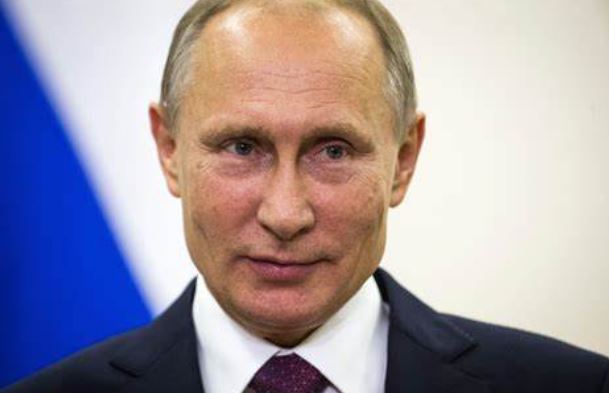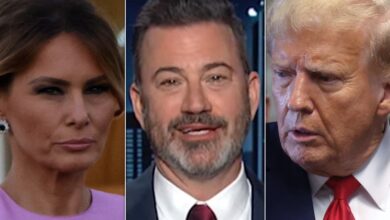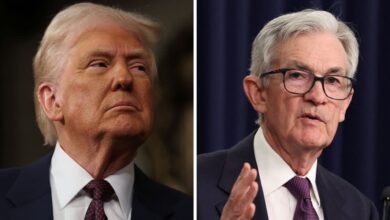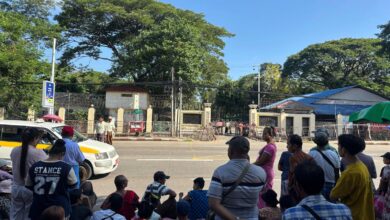Vladimir Putin Secures Another Term: A Closer Look at Russia’s Election Results

In a political landscape that seldom veers toward the unexpected, Vladimir Putin has once again emerged victorious, clinching another term in Russia’s latest electoral showdown. This win solidifies Putin’s hold over Russian politics, a realm where he has been a dominant figure for decades.
The election, characterized by its high stakes and Putin’s unwavering confidence, has yet again spotlighted Russia’s political mechanics, which many international observers scrutinize for fairness and transparency. Putin’s victory was anticipated by many, given his profound influence on the country’s political and social fabric.
Critics and opposition factions have voiced concerns over the electoral process, pointing to a lack of genuine competition and allegations of voting irregularities. These claims have sparked discussions on the global stage about the future of democracy in Russia and what Putin’s continued leadership means for international relations, particularly with Western countries.
Putin’s agenda for the coming term remains under close watch, as Russia faces both domestic and international challenges. Economic stability, environmental concerns, and navigating the complex web of international diplomacy are among the key issues the Russian leader will need to address.
This electoral outcome not only underscores Putin’s enduring appeal among a significant portion of the Russian populace but also raises questions about the prospects for political diversity and reform in the country. As Putin prepares to extend his tenure, the world watches closely to see how Russia will carve its path forward under his prolonged leadership.





